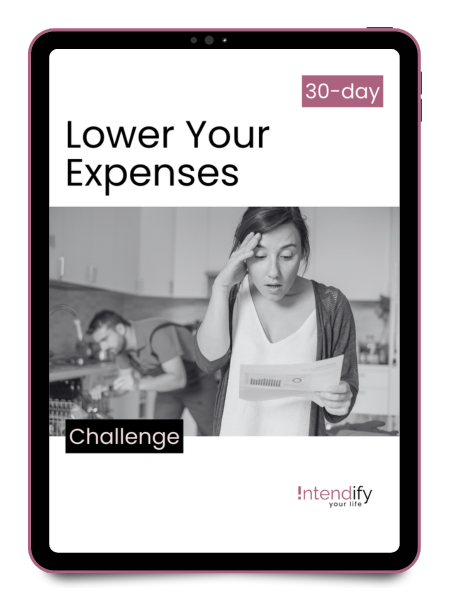How to overcome the 6 most common reasons for staying broke
Managing your finances can feel overwhelming, but getting on the right track is crucial for your long-term goals and overall well-being. (Besides, who doesn’t want to stress less about money?) If your financial life could use some TLC, grab your favorite beverage and let’s tackle the six most common barriers to financial wellness—and how to overcome them.
1 | Lack of knowledge
Barrier: Not understanding financial concepts can make everything seem like a foreign language. (Ever try to decipher investment jargon? It’s like reading hieroglyphics.)
Tip: Start with the basics. Dive into financial literacy with books, podcasts, or even YouTube videos. Focus on one topic at a time—whether it’s budgeting or investing—so you don’t get overwhelmed. Take it slow, and remember, it’s okay to start with the “for dummies” versions. (Hey, we all start somewhere!)
Suggested reading:
Budgeting for Dummies by Athena Valentine Lent (Affiliate link)
Managing Your Money All-in-One For Dummies by The Experts at Dummies (Affiliate link)
Personal Finance For Dummies by Eric Tyson (Affiliate link)
2 | Overwhelm
Barrier: Managing money involves a lot of moving parts, and it can quickly become overwhelming. (Like, where do you even start?)
Tip: Break down financial tasks into bite-sized chunks. Start simple—like setting up a basic budget or saving a small percentage of your income each month. Tools like financial apps can help automate and simplify things, making money management feel a lot less daunting.
Suggested tool:
Clever Fox Bi Weekly Budget Planner (Affiliate link)
3 | Fear of making mistakes
Barrier: The fear of making a wrong move with your money can leave you stuck in a state of indecision. (Hello, financial paralysis.)
Tip: Embrace the fact that mistakes are part of the learning process. Start with low-risk financial decisions—like setting up a savings account or trying out a micro-investing app. Seeking advice from a financial advisor can also boost your confidence and help you make more informed choices. (And remember, your bank likely offers free consultations—even if your account balance isn’t exactly stellar.)
4 | Procrastination
Barrier: Putting off financial decisions only leads to bigger issues down the road. (And no. Avoidance isn’t a strategy. We’ve talked about this!)
Tip: Set specific goals with deadlines. Carve out regular times each week to review your finances—this could be your “money date” with yourself. (Candlelit dinner optional.) The more you engage with your finances, the easier it will become.
My procrastination story
I once ignored my finances for years, only to find out I couldn’t get a mortgage due to my terrible credit score. It took almost a decade to climb out of that hole, but tracking my finances and sticking to a budget finally turned things around. Now, I can secure loans with ease—proof that facing your finances head-on is worth it!
5 | Emotional barriers
Barrier: Emotions often drive our spending and saving habits—sometimes in ways that aren’t helpful. (Retail therapy, anyone?)
Tip: Recognize your emotional triggers and find healthier coping mechanisms. Whether it’s mindfulness, journaling, or talking to a financial therapist, addressing the emotional side of money can help you make more rational decisions. (Yes, financial therapists are a thing—and they’re amazing.)
6 | Lack of resources
Barrier: Not having access to the right tools or advice can make managing money feel impossible.
Tip: Take advantage of free or low-cost resources available online. Many financial institutions offer free financial planning tools, and there are tons of apps that can help you budget, save, and invest. (It’s like having a financial advisor in your pocket.)
Suggested website:
Suggest tools:
Engaging with financial wellness
Integrating money management into your daily life is key to overcoming these barriers. Think of your finances like a fitness routine—consistent effort pays off over time. Talk about money with friends and family, too—it helps demystify financial concepts and builds a supportive community.
Remember, financial wellness is a marathon, not a sprint. Small, consistent actions add up, and before you know it, you’ll be on your way to financial independence and peace of mind. (And who doesn’t want that?)






Discover the importance of confident decision-making for intentional living. Learn how indecision impacts relationships, careers, and personal growth, and get practical tips to overcome decision paralysis. Enhance your life with clear, confident choices.